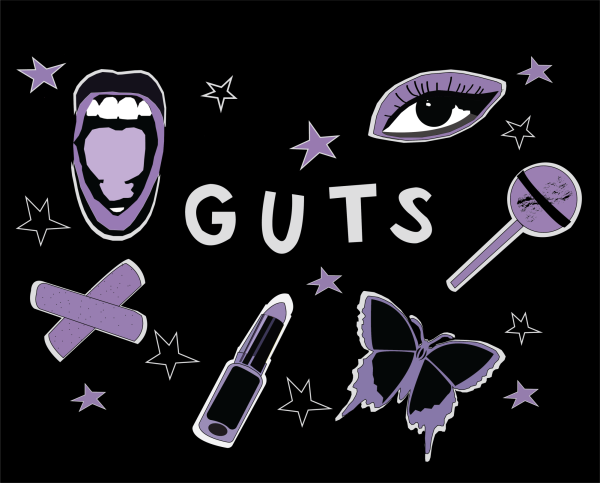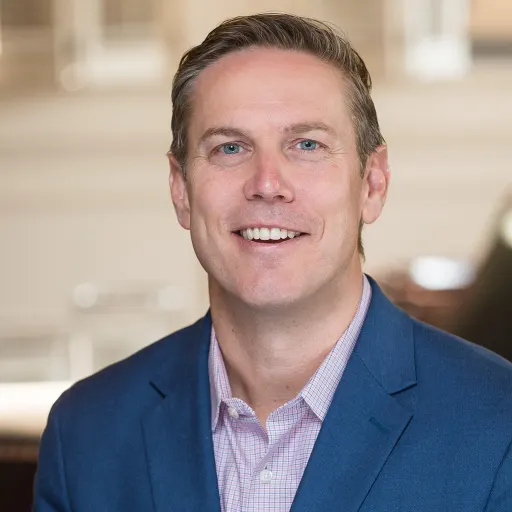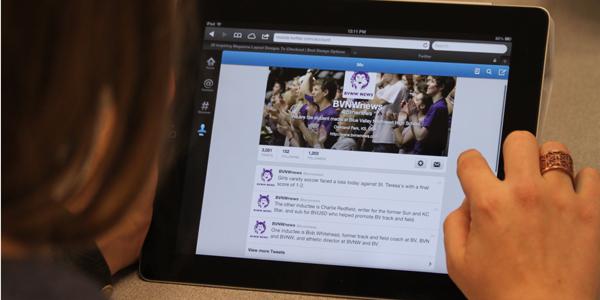As our society grows, more people are use using social media to connect with one another. In a world that revolves around technology, students need to realize the impact they can make with their actions online, said technology integrations specialist Craig Odle, who helps teachers incorporate technology in the classroom and fixes technology-related issues. When asked about the problems students face with the internet, Odle said students are often disconnected between the ability to do things online and the awareness of their consequences.
“The cognitive makeup for younger minds is ‘because I can do something that’s cool means I should be able to do it,’” Odle said. “What I worry about the most for students is that they might make poor decisions [online] because they don’t think about the ramifications of their actions, not because they want to do something bad, but the younger mind just tends to make a jump.”
Odle said the difference with social media and face-to-face interaction is that once information is released, it can’t be controlled. Although students might delete their post, somebody could have taken a screen shot or already shared it.
“A lot of students have thousands of friends online,” Odle said. “If they post something; it’s out there. People normally don’t think about what they’re posting. Sometimes you post something without considering all the effects it might have. Students could post something inappropriate about them and it’s gone. That could have an effect on them for a long time or it could even be when something funny comes to mind and you post it without thinking if it could hurt someone else. The internet is different from social interaction because things can be taken differently online.”
Odle said he believes students should try to keep personal information off social networking sites because they do not know who has access to their profile. There are bad people out there, but people are pretty aware of that now, he said.
“I think it’s important to stay away from posting things that compromise yourself,” Odle said. “It can be pictures that show you in a compromising position or that are inappropriate. And also things like name-calling, which can be construed as cyber-bullying. It’s important that students keep things light-hearted and fun. It’s not that you shouldn’t take an opinion because the beauty of social media is that you can express yourself, but try to stop and think before you post something.”
When people post online, it’s like a public record, Odle said. If a profile is private, then the school does not have access to it, but another student can screen shot it and bring it in, he said. Also, law enforcement has access to private profiles with a warrant.
“The school does not go trolling all of your profiles,” Odle said. “There is no way to monitor all of those profiles and we don’t want to look at all of the stuff that’s posted.”
Sophomore Cameron Hamm said he notices people using lots of curse words online. There is also a lot of vulgar arguing back and forth, he said.
“I remember when we won state; people were posting many inappropriate things and that seemed over the top and unnecessary,” Hamm said. “When rivalries go online, things get ugly.”
Hamm advises students to look at what they are posting online from different angles and see who could take offense to it. He said it’s important that people aren’t only friends with people online.
“Don’t be extremely friendly towards people you aren’t friends with in real life because that’s weird,” Hamm said. “Relationships are built around social interaction. When you just communicate with people on a computer, that’s when things get awkward.”
According to assistant principal Katie Bonnema, consequences for inappropriate behavior on social media vary depending on the situation. If the situation affects the school, then administrators would be able to take action, Bonnema said. If not, then administrators would contact a student’s parents. If the situation is serious enough, then the school resource officer would deal with it, she said.
Odle said the No. 1 thing teens should look out for online is people they can’t verify. There’s a draw for teens to meet people that are interesting, but it’s difficult to know whom they are talking to, he said. Finally, Odle advises students to never trust what they’re seeing online or who they are talking to. Its good to be a skeptic, he said.
“Really stop and think about what you are saying online,” Odle said. “Before you post, think about how you would react if your post makes it on the cover on the Kansas City Star, if you think about that, it keeps you in check.”









